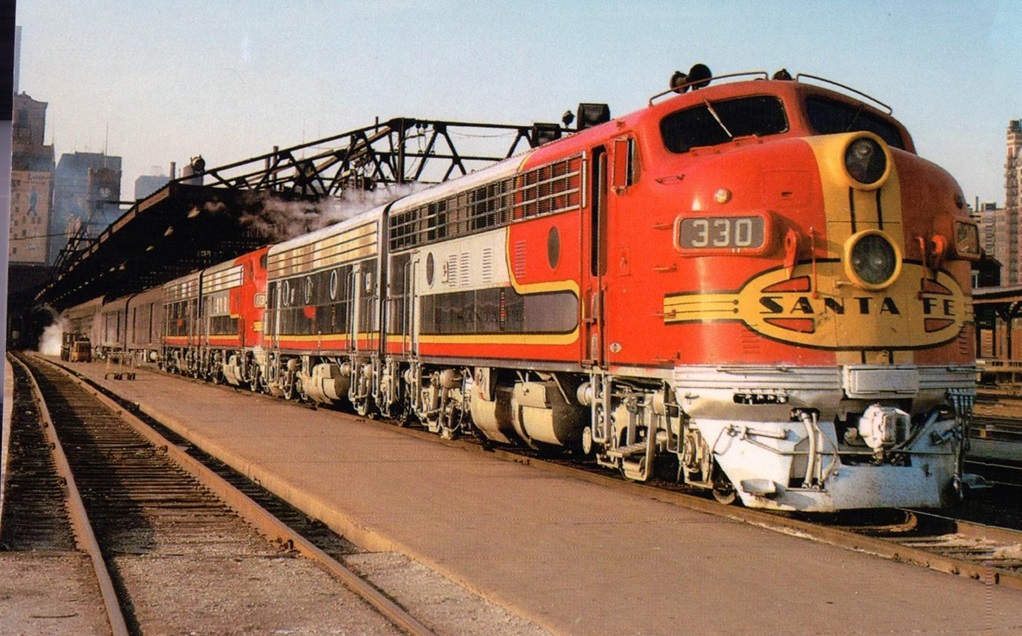Recognizing that the rail sector generates 2 percent of US transportation greenhouse gas (GHG) emissions, the Department of Energy has released the Progression to Net-Zero Emission Propulsion Technologies for the Rail Sector request for information (RFI) to understand applicable decarbonization strategies. The purpose of this RFI is to solicit feedback from industry, academia, research laboratories, government agencies, other stakeholders, and the public on issues related to alternative propulsion technology advancement within the rail sector and achieving net-zero GHG emissions.
The Biden-Harris Administration has established ambitious goals to address global climate change and is committed to developing and implementing robust and actionable transportation decarbonization strategies. In January 2023, DOE, the Department of Transportation, the Department of Housing and Urban Development, and the Environmental Protection Agency released the U.S. National Blueprint for Transportation Decarbonization, a landmark interagency framework to eliminate emissions from the transportation sector – including rail – by 2050. This significant transition requires rail supply chain coordination, including alternative fuel production, feedstock supply, locomotive engine manufacturing, safety implementation, customer demand, and government regulation.
The net-zero emission propulsion technologies under consideration for the intent of this RFI for transitional, interim use until 2030 are: biodiesel, renewable diesel, ammonia, methanol, hydrogen fueled internal combustion engines, and ethanol. The technologies under consideration for mid- to long-term use are: hydrogen fuel cells, batteries (tenders or built-in), direct electrification (catenary), or a combination of different technologies.
Jointly released by DOE’s Bioenergy Technologies Office (BETO), Vehicle Technologies Office, and Hydrogen and Fuel Cell Technologies Office, the RFI aims to collect knowledge from stakeholders to guide actions regarding future propulsion technologies, research and infrastructure investments, and coordination to ensure the rail sector is meeting or exceeding U.S. decarbonization milestones.
Tags: GHG Emissions, Rail Sector, RFI, US DOE



Recent Posts
Egypt Advances Maritime Decarbonisation with National Action Plan Backed by IMO
Fuelre4m unveils VIRDIS: A predictive AI breakthrough in global fuel distribution, powered by Five9nes
EXMAR Launches First Ammonia-Fueled Gas Carrier at HD Hyundai Mipo
Japan-Backed Green Hydrogen Centre Planned for Uttar Pradesh
JSW Group Outlines Major Push into Commercial and Heavy Electric Vehicles
Lloyd’s Register Grants Approval in Principle for KSOE’s Multi-Fuel Newcastlemax Bulk Carrier Design
Eureka Shipping Deploys HVO-Ready Cement Carrier Tamarack for Great Lakes Operations
Terntank Places Repeat Order for VentoFoil Wind Propulsion Units on Methanol-Ready Hybrid Tankers